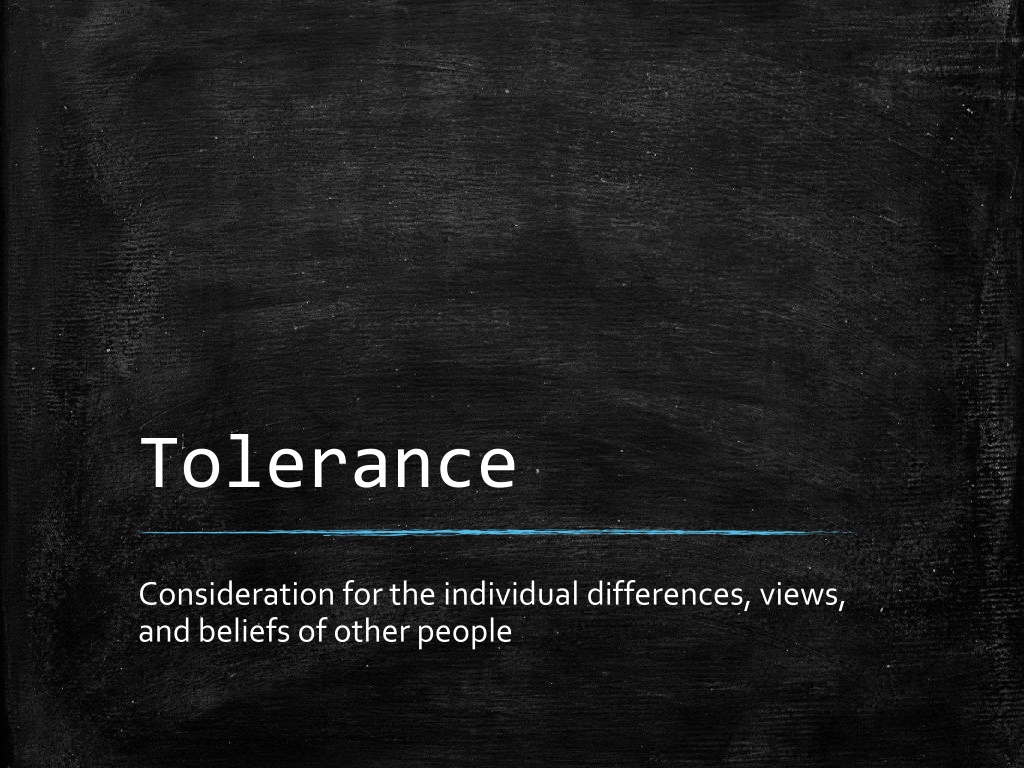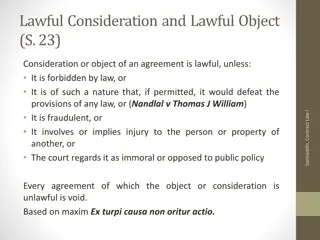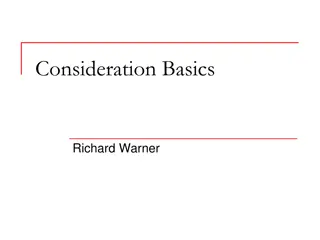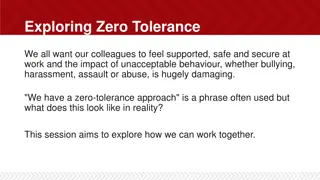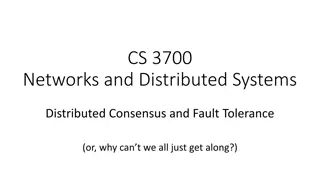Exploring Tolerance: Understanding and Practicing Consideration
Tolerance involves considering and respecting the individual differences, views, and beliefs of others, even when they differ from our own. This concept emphasizes the importance of listening, understanding, and appreciating diverse perspectives. Active listening exercises and starter questions help in practicing tolerance and fostering meaningful discussions despite disagreements.
Download Presentation

Please find below an Image/Link to download the presentation.
The content on the website is provided AS IS for your information and personal use only. It may not be sold, licensed, or shared on other websites without obtaining consent from the author. Download presentation by click this link. If you encounter any issues during the download, it is possible that the publisher has removed the file from their server.
E N D
Presentation Transcript
Tolerance Consideration for the individual differences, views, and beliefs of other people
Tolerance Have you heard that word a lot lately? What do you think tolerance really means? What are some examples of tolerance?
Tolerance ...is thinking enough of another person to consider their viewpoint or beliefs, even if they might be different from your own.
Why is it hard for us to consider a viewpoint that is different than our own? Does consider = agree with ? What are some ways we can be more considerate of others?
The key practice of tolerance is listening. What does this mean? Do you agree? What s the difference between listening and hearing?
Tolerance is NOT. listening just so that you can tell them what you think.
Tolerance is. listening in order to understand what they believe and why they believe it.
ACTIVE LISTENING Divide into groups of 2 or 3. For example: Q: What s your hobby? A: drawing Q: What do you like to draw? A: anime Q: Oh really, which shows do you watch? Practice listening. Ask the others a question. Form your next questions based on the answer to the first question. How many levels of questions can you ask and really listen to their answers?
Starter Questions: What is your favorite sports team? Where is your favorite place to go? Where were you born? What s the hardest thing you ve ever done? Who do you most admire?
Howd you do? Was it hard to listen to the other person? What happened if you disagreed with them? How did it feel for someone else to listen to you?
Disagreement Even if you disagree about sports teams, hobbies, places, events, or ideas, you can still have a good relationship with another person.
Tolerance Doesn t mean that we agree on everything; it means that we listen to others with whom we don t agree.
Starting point. Tolerance gets the conversation going, but it can t keep the conversation going.
Limitations Tolerance is important, but has limitations. What are those limitations?
Whats the point? Tolerance must lead us to deeper values. If we are merely tolerating someone else, we are not truly appreciating them. We need tolerance to help us start relationships.
What do you think? Is it better to tolerate another person or to love them?
What do you think? Is it better to tolerate their ideas or to truly value their opinion?
What do you think? Is it better to tolerate differences or celebrate them?
What do you think? How does really understanding a person s viewpoint help us to be more considerate of them?
Different people Different backgrounds Different beliefs Tolerance is necessary, but is only the first step in building a true relationship.
